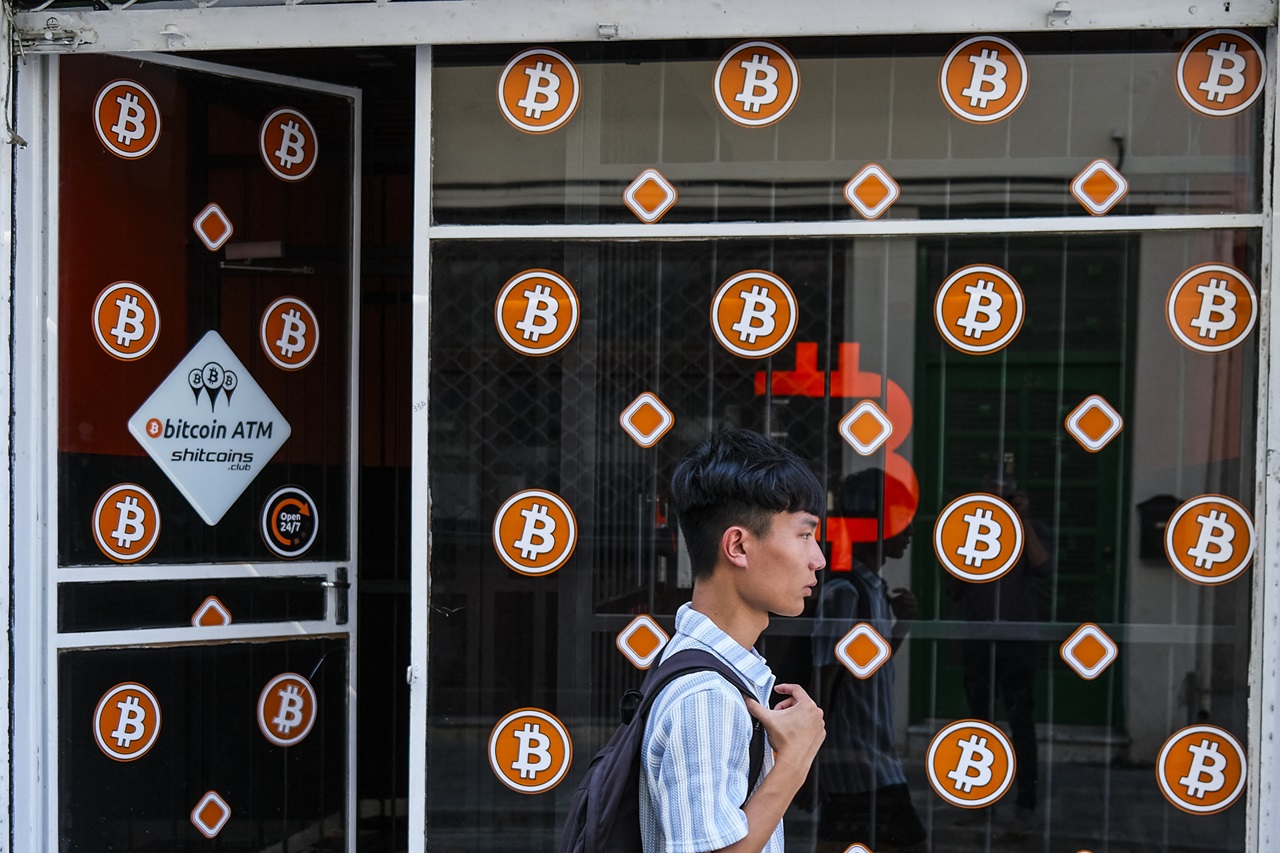
Fighting the police stop disparity: New pilot de-prioritizing lowest-level offenses comes to Northwest Philly
The three-month effort will eliminate stops for offenses like spitting, carrying an open container of alcohol, jaywalking, and more.
Starting at the beginning of October and lasting for the next three months, the 14th police district, comprising the Northwest Philadelphia neighborhoods of East Germantown, Mt. Airy and Chestnut Hill, will be a testing ground for a new subtle change in approach to policing that will eliminate police stops for some of the lowest-level offenses on the books.
“I’m talking spitting, jaywalking… carrying an open container of alcohol,” said Mary Catherine Roper, the former deputy legal director at the ACLU of Pennsylvania.
Stops for these offenses, according to Roper, disproportionately target Black and Brown individuals across Philadelphia.
The data she cited comes from 10 years of monitoring police stops throughout the city, which came after ACLU PA and a private civil rights firm sued the city over the issue of unlawful pedestrian stops during the era of Mayor Michael Nutter and Police Commissioner Charles Ramsey.
The city put up no defense in the case and entered into settlement. As a consequence, not only was monitoring set up, but the city also entered into a consent decree to eliminate illegal pedestrian stops.
Throughout the past 10 years, Roper gave credit to former Police Commissioner Richard Ross and current Mayor Jim Kenney in reducing the illegal stops, but a racial disparity remains when it comes to overall stops.
Philadelphia officially acknowledged the stark racial disparity last year, and a judge overseeing the previous consent decree has ordered steps be put in place to reduce it.
“And one of them is to change the way police react to very, very minor offenses,” said Roper.
Initially, the hope was for the pilot program to be implemented in multiple districts rather than one, but current Police Commissioner Danielle Outlaw convinced the judge to keep it at one amid the gun violence surge being seen across the city.
Despite the pushback from Outlaw, Roper wasn’t critical of the relatively new commissioner.
“It isn’t that she’s resisting the program. The department is very attuned to the need to have all the tools that it can have, and put all the attention it can on violent crime,” she said. “This is one of the reasons we have started where we have, saying ‘hey, an open can of beer doesn’t suggest any propensity for carrying a gun or engaging in gun violence.’ These are changes you can make that are not going to at all impact public safety.”
RELATED CONTENT
The 14th District was chosen not because it was necessarily where the most police stops occur, but where the racial disparity is especially stark in who gets stopped. East Germantown, Mt. Airy and Chestnut Hill have long been bastions of Philadelphia’s Black middle class in the North, which not only drive key parts of the city’s economy, but also flex their political muscle at City Hall.
“It is a very racially-diverse area,” said Roper
In actually carrying out the pilot, officers who see one of the identified low-level offenses being carried out, rather than initiate a stop, will verbally tell the offender to stop their actions. The furthest they can go for noncompliance is to issue the offender a citation.
ACLU PA will continue its monitoring of all the stops in the 14th district, but at a deeper level. In addition to the citations issued, random body cam footage (when available) will also be audited at random and reviewed.
“There are a couple measures of success,” said Roper. “One will be: did it change racial disparities in who gets stopped in the 14th district? The other question will be, were there any negative effects?”
Those negative effects go more in line with police reasoning for the stops, as preventers of more violent crime. Those monitoring will also keep an eye on if violent crime increases in the 14th district during the pilot.
The final piece of the puzzle is to get community feedback throughout the pilot, and the ACLU has deployed three community ambassadors to the district to spread the word and do just that.
“We really, really want this to be a success because we think it could significantly reduce the burden of over-policing that is directed at communities of color,” said Roper.
If successful, the pilot organizers will also look to bring it to more districts in the city.











LEAVE A COMMENT:
Join the discussion! Leave a comment.